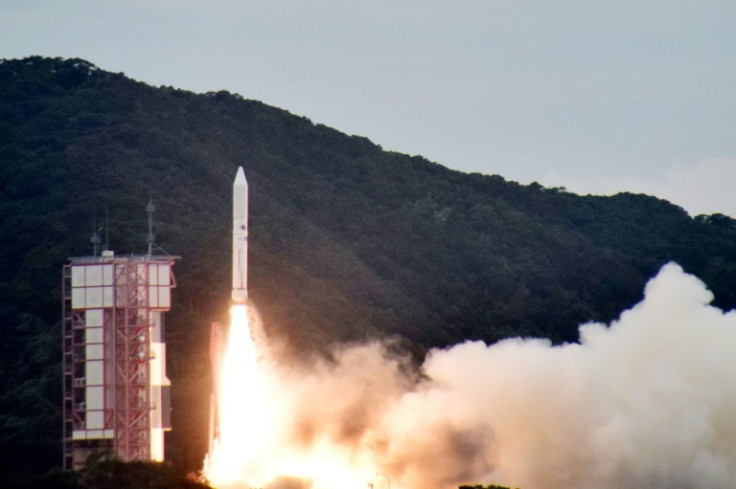China Plans To Send Monkeys Into Space As Part Of Mating Experiment
China is all set to take its space exploration a notch higher by sending primates into space to check for zero gravity reproduction.
The news comes shortly after the completion of the construction of the space station Tiangong. The country's top scientists are in plans to send a couple of monkeys to space to test how mating and reproduction can happen in space, in the absence of organic oxygen and gravity, the South China Morning Post reported.
"Some studies involving mice and macaques will be carried out to see how they grow or even reproduce in space. These experiments will help improve our understanding of an organism's adaptation to microgravity and other space environments," said Dr. Zhang Lu, a researcher at the Chinese Academy of Sciences.
"These experiments will help improve our understanding of the organism's adaptation to microgravity and other space environments," a Hindustan Times report quoted Dr. Lu as saying.
Currently, only small organisms such as fish, algae, or snails can fit inside the two biological test cabinets of the spaceship, but scientists and technicians are working on expanding and reconfiguring them, said the report.
The project is being led by the Chinese Academy of Science, who will also provide the required scientific apparatus for successful completion of the project. The Wentian science module, which was launched early this year, will reportedly be used in the project, reported the LiveMint.
The China Manned Space Agency has also received application requests from many other countries to develop their science modules and space stations, and currently has around nine international space experiments in the pipeline, which will be launched from the Tiangong Space Station, which is 388.9 kilometers above the Earth.
This is, however, not the first research on space reproduction. Earlier, similar experiments have been conducted on other organisms, including insects and zebrafish. Scientists say there are a huge number of difficulties involved if the subjects are bigger and complex creatures, such as apes and rats. Soviet researchers had sent rats into space for an 18-day mating experiment, but none of them had given birth.

© Copyright IBTimes 2024. All rights reserved.





















